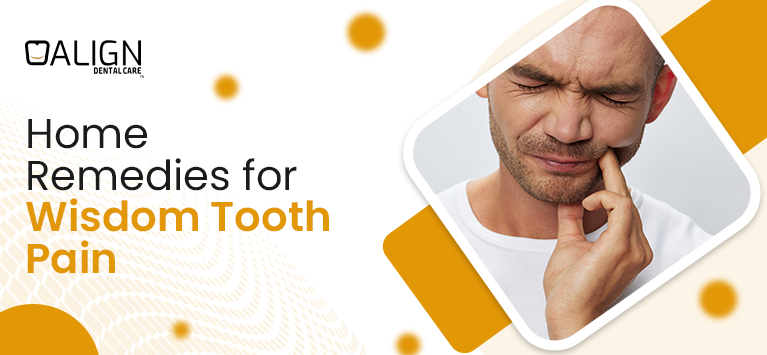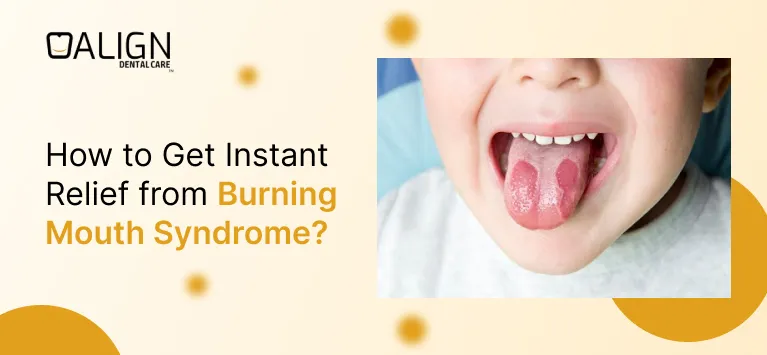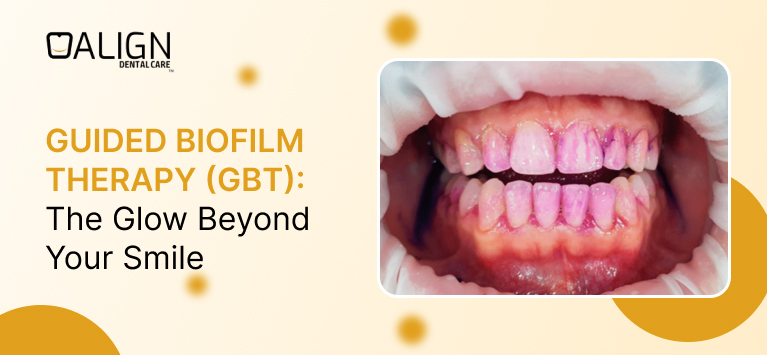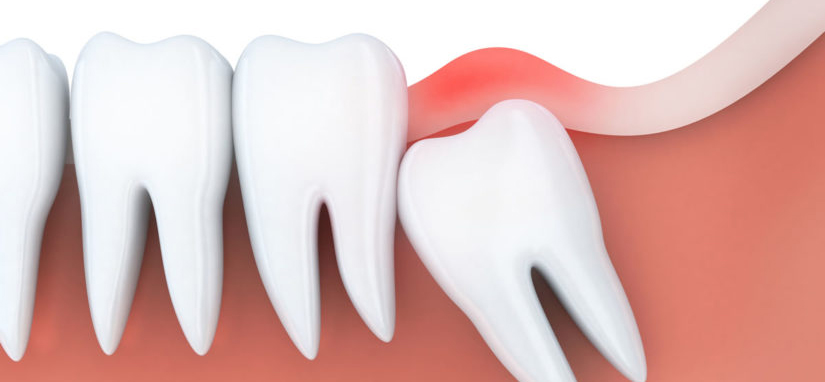
Home Remedies for Wisdom Tooth Pain
Of all the pains, a toothache can be among the most severe, and it is so irritating and unbearable at times. Third molars, on the other hand, commence their eruption at the teenage or early adulthood stage of the human being. Due to excessive crowding behind the lower incisors, they don’t have enough room in the oral cavity to grow straight. Hence, it causes pain, massive swelling, and even suppuration. Dentists offer painkillers for wisdom tooth extraction. Yet, home remedies remain as some measures that can be administered before an appointment with a dentist if one has severe wisdom teeth ache. The good thing is that they are easily accessible and will help relieve the discomfort until you visit a health provider. Effectively addressing how to ease your discomfort naturally involves home remedies, which this blog highlights.
Table of Contents
Comprehending Tooth Pain
Before looking at any remedies, it’s essential to grasp why such pains happen. Wisdom teeth are also known as third molars and are the final ones to emerge in the mouth. Because there isn’t much space in the jawbone, they tend to come out at a strange angle or get stuck under the gum line. It leads to pain, swelling, and sometimes infection. Thus, knowing what causes this urge in you is going to assist you in effectively taking control of its severity.
8 Ways to Treat Wisdom Tooth Pain at Home
Home cures to try while sitting tight for a dental appointment. It isn’t easy, or, if nothing else, it is exquisite. So consider these choices when attempting to decrease our wisdom tooth torment temporarily. These remedies are simple to find and commonly available in most homes. Some of these are:
- Salt Water Rinse
Saltwater rinses are a simple remedy for wisdom tooth pain. The natural antibacterial properties of sea salt help reduce infection and speed recovery in inflamed areas.
- How to Use: A glass of warm water with one teaspoonful of salt mixed into it is used as a mouthwash. It should be sipped for about half a minute before being released. This process should be repeated two or three times every day.
- Benefits: This rinse helps to clean the affected area by washing away bacteria, thus giving pain relief. Therefore, no bacteria are growing on the surface, bringing about soreness.
- Cold Compress
The application of cold packs on jaws causes numbness for around seventeen years; for instance, if your wisdom tooth hurts an adjacent area near the swelling,
- How to Use: Wrap some ice cubes with a clean cloth. Then, place them on the outside of your cheek, facing where the pain goes into you. Please keep it for about fifteen or twenty minutes, then take it off. The process may be repeated every few hours until one gets relief.
- Benefits: A cold compress helps to reduce blood flow and relieve pain after swelling has started, thereby providing temporary relief.
- Clove Oil
Because it is a compound in the analgesic agent class, it has widely been used to provide pain relief. Eugenol is among those that have only recently been found to have antibacterial and anti-inflammatory characteristics. It makes it a candidate for natural wisdom tooth pain relief.
- How to use: Dip a small amount of clove oil in a cotton ball and gently apply it to the affected part. If the sensation is severe, you can mix the oil with carrier oil.
- Benefits: Clove oil was used as an anesthetic for external use. It can even kill the germs responsible for irritation.
- Peppermint Tea Bags
Peppermint also has other uses. It is also used when one has a toothache, which means that it has a narcotic effect. It also produces coolness to relieve the inflamed gum tissue.
- How to use: Take a cup of peppermint tea and pour water into it until it becomes hot. Some are applied directly to an inflamed area after cooling them in the refrigerator for a few minutes. Others should be left on the skin for 15–20 minutes after they have been applied.
- Benefits: Here is what peppermint tea bags are capable of: toothaches and swelling. These tea bags will cool your throat and make you feel better.
- Garlic
Garlic is a common ingredient in most food recipes and a natural and efficient painkiller. It can help fight infections and may even reduce pain by killing bacteria.
- How to Use: Take a garlic clove and crush it; you have to make direct contact with your teeth with the crushed pieces. Alternatively, you can chew on one piece if you can stand its taste.
- Benefits: Garlic reduces pain, and the microbes grow in that area.
- Onion
From onions, there is potential to get relief from toothache due to their antibacterial and anti-inflammatory properties. This treatment, probably dating back to old age, is applied globally for any form of pain associated with teeth.
- How to Use: Washed and chopped onion should be kept on the sore spot, with the mouth sore, as it will provide some relief. Squeeze gently so that its juices enter into the affected area as it is taken through chewing.
- Benefits: The onion reduces swelling and discomfort while fighting off germs.
- Baking Soda Paste
Baking soda has anti-inflammatory and antibacterial attributes that are useful when one suffers from wisdom toothaches. With straightforward preparations, this remedy offers quick assistance against these discomforts.
- How to Use: Mix baking soda with a bit of water until you get a very thick paste. Utilize a cotton swab and apply this paste to the aching zone.
- Benefits: The baking soda ointment helps control acidity in the mouth, thereby alleviating sores and infections within the oral cavity.
When to See a Dental Professional
These home treatments can provide momentary relief. However, it is vital to see a dentist if the agony persists or escalates. The discomfort associated with wisdom teeth sometimes suggests there’s something wrong. For instance, you might have a toothache due to impaction or infection, which requires specialized care. Ignoring severe signs can result in further problems; thus, you must always seek medical assistance in case home cures prove unsuccessful.
To Conclude
Managing wisdom toothache can be difficult. However, there are various remedies one can try at home. Some of them, including saltwater rinses or garlic and clove oil, are easy and economical ways of easing pain. Nonetheless, people should understand that these cures only refer to temporary pain relief methods rather than long-lasting solutions for treating diseases. Therefore, one should make an appointment with a dentist when it happens again and again and becomes unbearable. Early intervention may save you from complications later on in life, making sure your mouth stays healthy throughout the years!

















